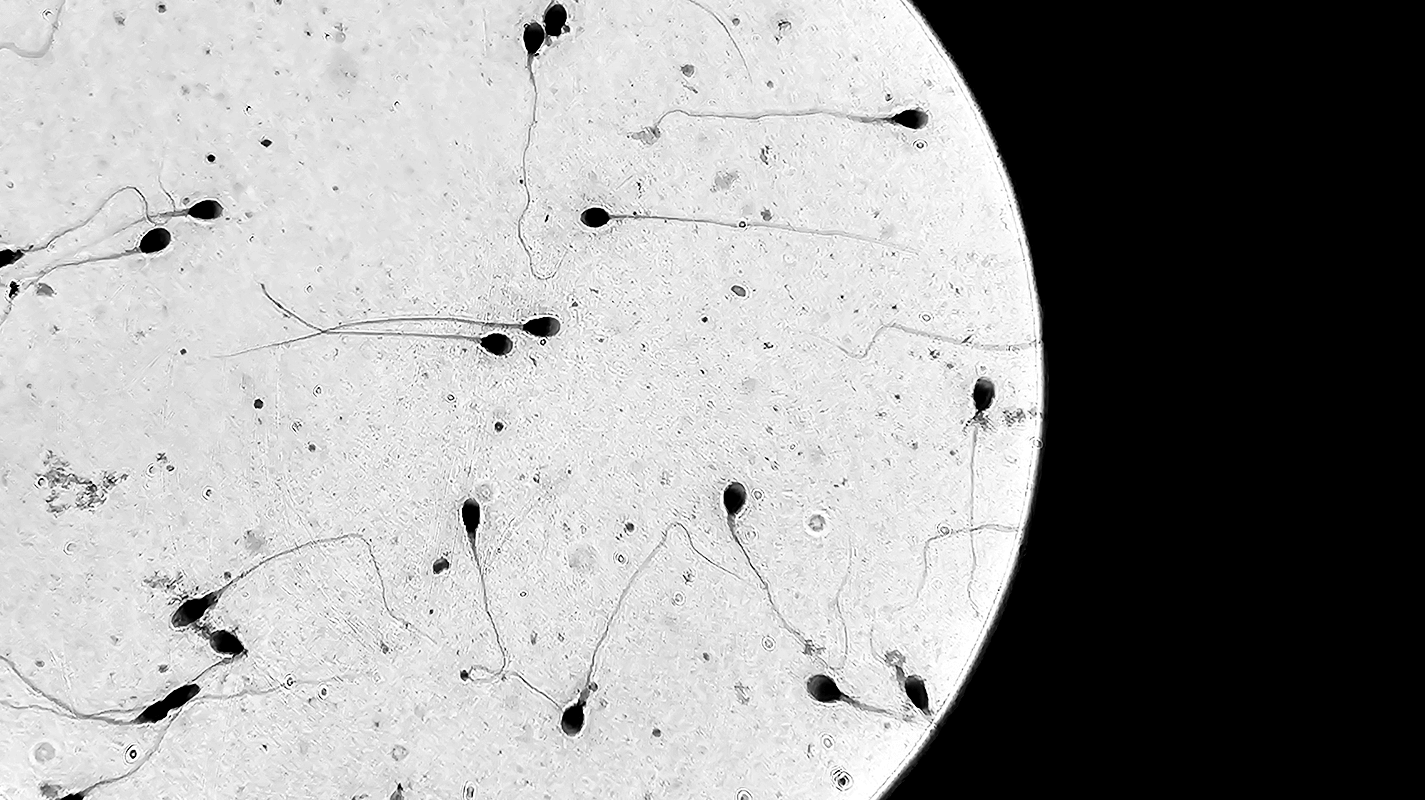Male infertility exists, so do treatments

When a heterosexual couple - a man and a woman - face difficulties conceiving, there is a 30% to 50% chance that the man is the one who suffers from infertility. Male infertility exists, it's common, and there are ways to treat it. The important thing is to understand that, if a couple fails to conceive, the causes of infertility may lie in the woman, in the man or in both, although it is never anyone's fault. The best way to deal with circumstances is for both of you to go to a Fertility specialist to find the cause.
Of all the medical specialties, which one?
When it comes to male infertility, it is most commonly detected and treated by urologists or endocrinologists, but in both cases it is recommended that they have training and experience in the field of reproduction. The main difference between these specialists is that urologists have a deep understanding of human anatomy, while reproductive endocrinologists are obstetrician-gynecologists who specialize in issues related to hormones and fertility. They usually work to detect and fix any infertility problems that men may have, but fertility treatments and interventions target women. The best thing to do is to see both of them! And if they can work as a team, even better.
A treatment for each case
It is common that in cases of male infertility, in vitro fertilization is used as the first option. However, it's not always wise to reach this point without first knowing the exact cause of infertility. There are simpler options such as semen extraction, hormone treatments, and intrauterine insemination. In fact, male infertility can even be treated with lifestyle changes. Go to a fertility specialist who seeks, whenever possible, less invasive and more effective treatments.
Rule out risky diseases
In some cases, male infertility may be a symptom of a risky disease. For example, hormonal imbalances that cause male infertility may increase the risk of having a pituitary tumor. That's why it's so important that, in addition to treating infertility, you insist that specialists give you a full diagnosis of the cause.
What to expect?
One of the most common procedures in cases of male infertility is sperm analysis. This can be done several times throughout the process to measure progress. But, as with all fertility treatments, it takes time. Unlike eggs, which are limited, sperm are created every day. Spermatogenesis, which is the process of sperm formation, lasts approximately 74 days. That's roughly how long it takes to make a difference in a man's fertility. For example, if the decision was to make a first attempt to improve fertility through lifestyle changes, ideally 2-3 months later a sperm test should be performed again to evaluate the results.
There are options
Fortunately, fertility treatments exist and can be accompanied by a series of actions that will help to achieve comprehensive health. During the process, you must take care of your physical health, emotional health and mental health with the help of a fertility specialist. If you are facing male infertility, we encourage you from here and we accompany you.







